
Public Sector
and Government
Click For More Information
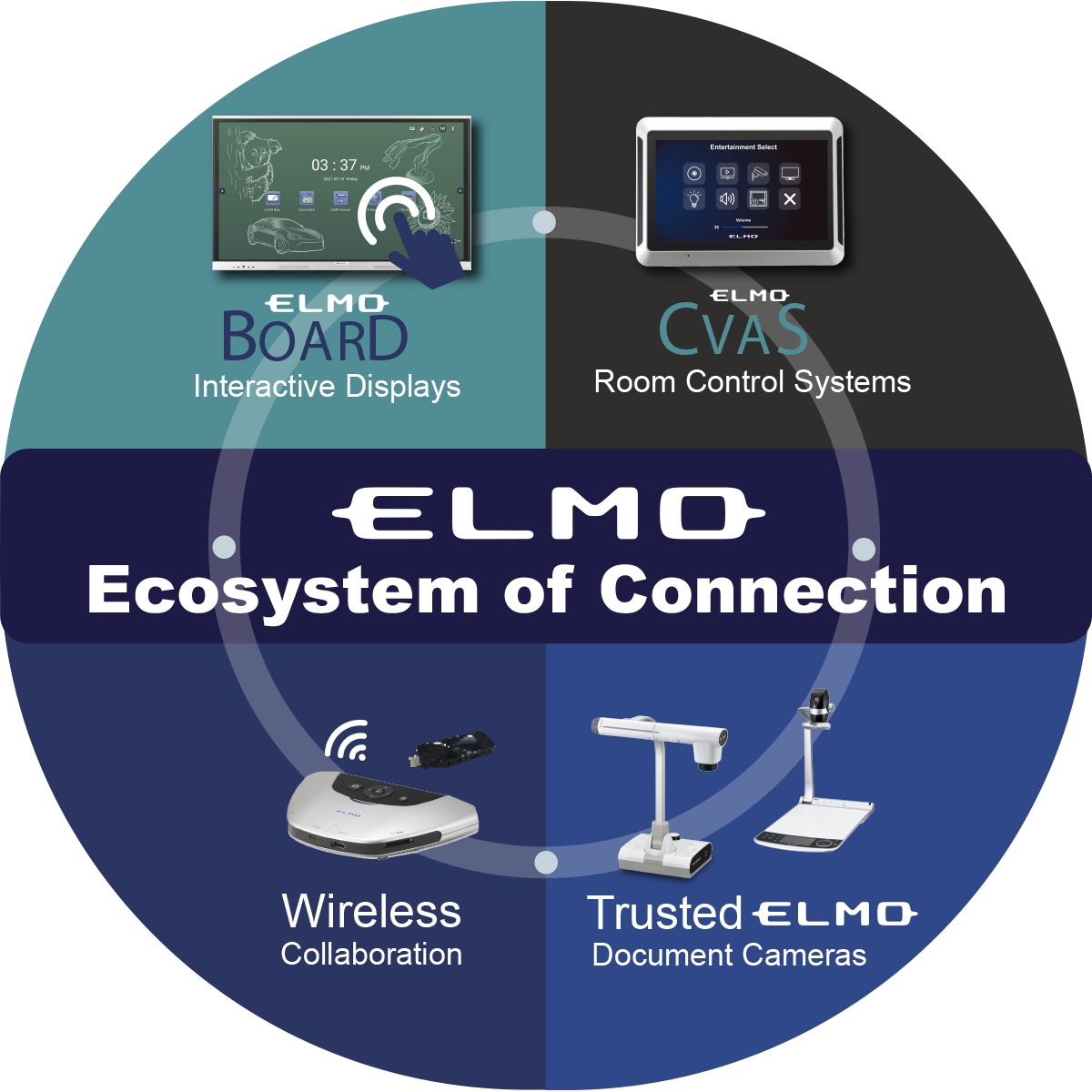
Connecting the
Public Sector
and Government

Click For More Information



It is human nature to envision the future as a modified slice of the recent past. Thus, we expect the contours of the path ahead to look somewhat different but remain largely familiar and therefore comfortable. The last 50 years of relative stability have reinforced this myopic and narrow aspect of human expectations, rendering us ill prepared to address the changes ahead.
There is a term for prolonged and merciless disruption; it’s called transformation, and these are indeed transformative times. Like trying to see the forest when standing amongst the trees, it is hard to comprehend these persistent disruptions and resulting daily struggles as components of something much greater and much more consequential. But they are, in fact, monumental.
Transformational change is many things. It is exhilarating for its potential, terrifying for its uncertainty, and demanding for the perpetual vigilance and agility it commands. The one thing it is not is new. Today, changes long visible on once distant horizons are now upon us. They bring with them both the promise of grand achievement and the potential perils that befall those who fail to acknowledge change and adapt. The measure of each, to a great degree, will depend on how we respond both as individuals and, perhaps most importantly, as a global community.
Contents
Rick Thomas
Editor
Nance Larsen
Cover Story Photo
Alex Jeffries
Photography Group
alexjeffriesphotographygroup.com
Visualizer
Scott Mlynarczyk
The STRIVE Group, LLC
thestriveproject.com/subscribe
Copyright © 2022
The Strive Group, LLC
All rights reserved.
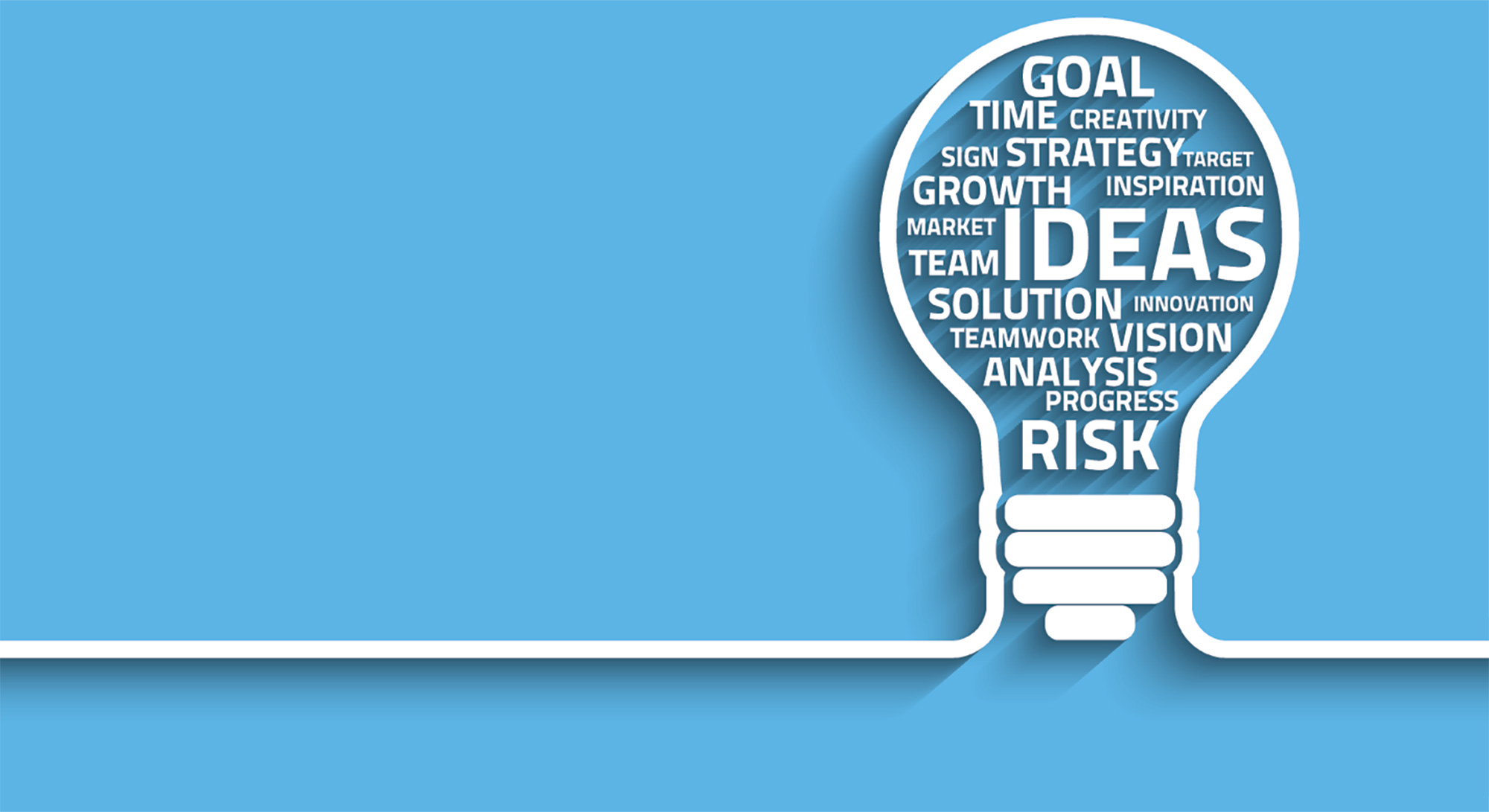
by Tammy Rimes
ou might have heard the expression, or even uttered these words yourself. The meaning is simple: low standards, mediocre work, and one shouldn’t have higher expectations. However, when heard by a long-time government manager like me, these words can sting. As someone who is proud of my government career, I’ve often witnessed outstanding work from government teams. However, I also realize that good news isn’t always highlighted, or doesn’t play well during a ratings-driven negative news cycle.
Governments have a long-standing history of rules, policies, and regulations that make innovation difficult within a complicated system that doesn’t always appreciate change. In comparison, private industry applauds and encourages innovation, and great amounts of resources are often offered to support new ideas and even risky concepts. However, when dealing with taxpayer dollars and intense scrutiny by the media and community, government tends to stick with the tried and true. With a high hill to climb and not many accolades, it’s not always the most attractive employment base for new hires.
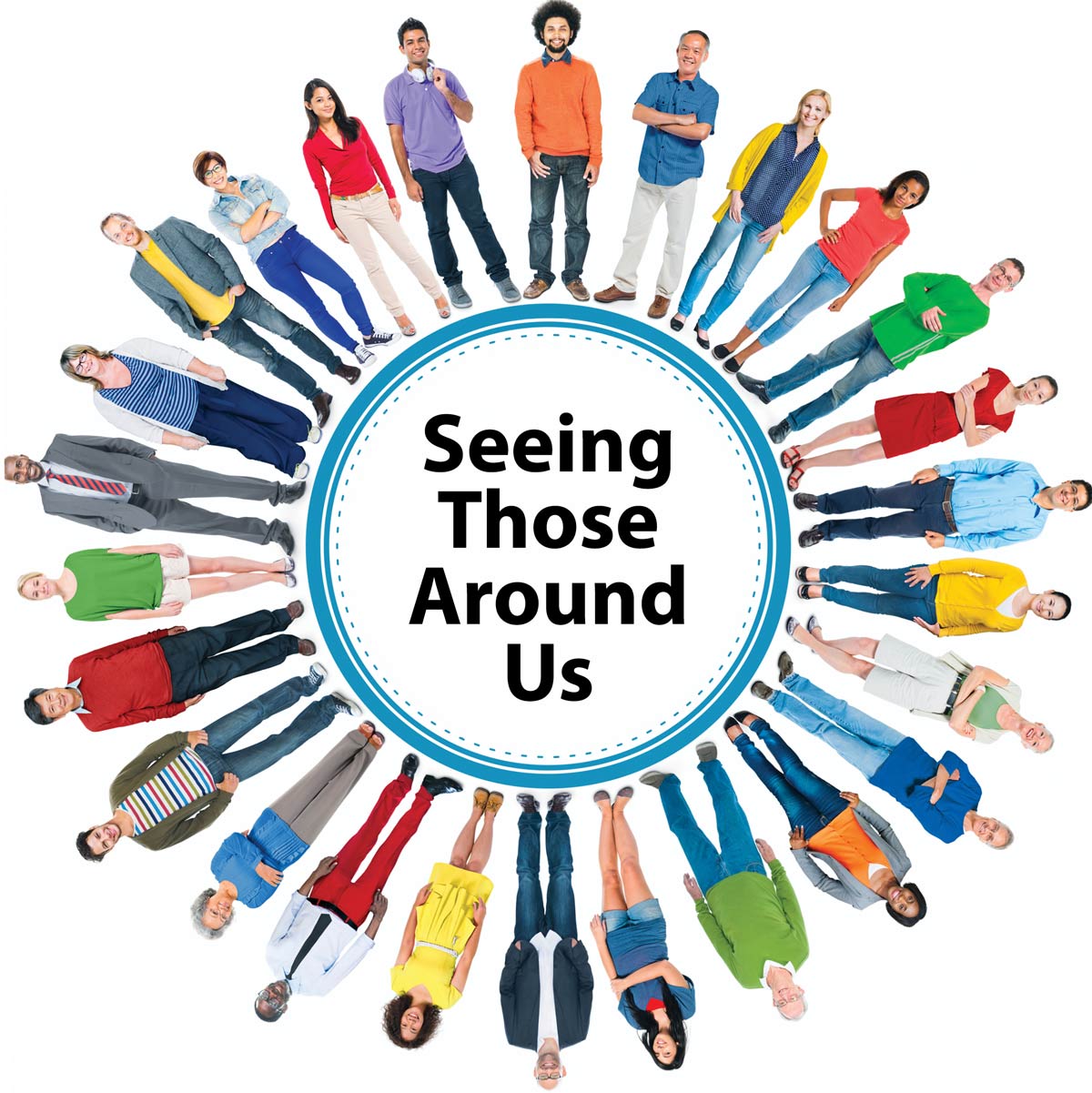
by Morgan Christen
n the past year, I prepared and delivered remarks for the memorial services of two very dear friends. Not just dinner companions, traveling buddies or co-workers—though they were all of those things. These were truly dear friends, people who formed part of my foundation and whom I knew I could call anytime for perspective and encouragement. I never doubted that they were in my corner.
Both of these friends were very accomplished people, and I admired the traits they had in common. I marveled at their stamina, their curiosity, and their perseverance. One rode out the Great Alaska Earthquake and was a trailblazer in the legislature, even though she served at a time when women were rarely welcomed. Her courage inspired others. My other friend overcame extreme childhood poverty and, for a time, homelessness. He went on to summit Denali, earn a law degree, and eventually become a judge. I admired my friends’ strength because both of them found their own way. Neither of their families had been able to help them with their education or during the early years of their careers, but they pushed forward, inch by inch, and distinguished themselves in their respective fields. They were optimistic, hardworking, and persistent.


by Keith Baldwin
allup’s five decades of employee engagement surveys continue to show disengaged team members leave their best efforts at home. Their 2022 “State of the Global Workforce” report shows just 32 percent of U.S. employees are engaged while 51 percent are disengaged and 17 percent are actively disengaged.
Unfortunately, I used to fall somewhere between disengaged and actively disengaged. I didn’t leave the house thinking, “I hope I suck at work today.” Yet there I was, standing around with co-workers bad-mouthing management. After 10 years at the same company, I found myself spiraling into depression, wishing I was anyplace but the office.
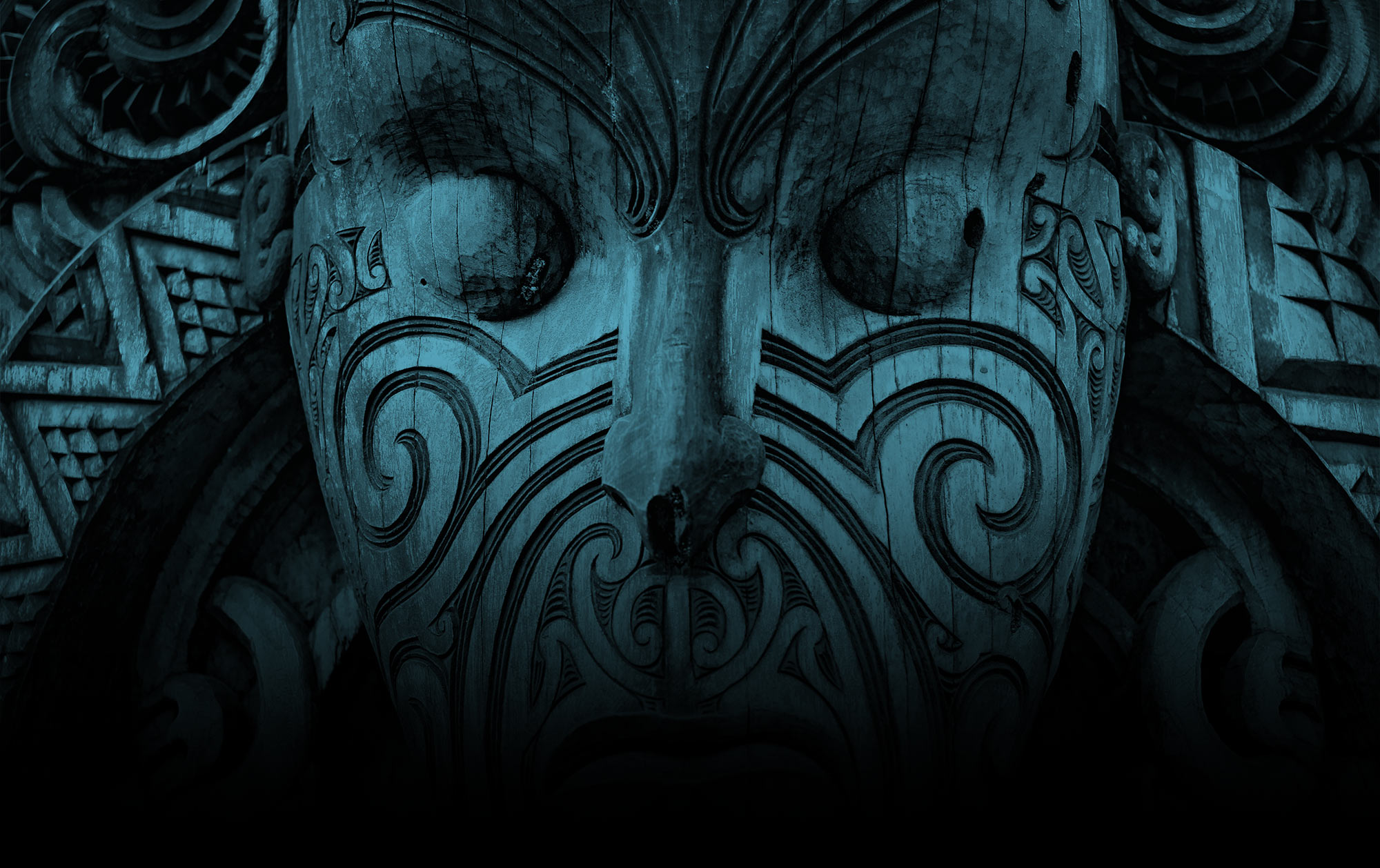
s a Māori woman, my experiences and understandings have been shaped by the knowledge passed down by indigenous people before me. They offer perspectives that a lot of the world has forgotten or overlooked for one reason or another. What we’re doing to our planet and what we’re doing to other people shed light on a troubling, tragic disconnection from others, our land, and what is best for humanity.
As a global education leader, I am always weaving indigenous knowledge and understandings into my day-to-day interactions, with the hope it will help to re-ground the current population and our next generations’ education toward people, planet, progress, and prosperity.
Live and on-demand video is the most versatile and impactful way to spread a message – whether it’s within your organization or out to the general public. With decades of expertise in video production and streaming, Telestream has powerful, intuitive, and flexible solutions to help your organization produce, host, stream, manage, and customize video content that drive growth for the business. Avaya and Openwave CEO, Kevin J. Kennedy, describes the value he’s gained from leveraging video as a vital element in his executive communications strategy.
 Increase Focus and Stamina
Increase Focus and Stamina Foster Collaboration and Engagement
Foster Collaboration and Engagement Unleash Creativity
Unleash Creativity
Photo by Alex Jeffries Photography Group
by Zeta Yarwood
s I sat here thinking about what to write, something a wise man once said to me came into my mind: “You can’t make progress until you’re brutally honest about where you’re starting from.” That wise man was my previous boss, who then became my dear friend and mentor. He was killed in a water sports accident this past summer. His 12-year-old son, also critically injured in the accident, joined him in heaven ten days later. Being brutally honest, I am starting this article from a place of loss and grief.
This got me thinking about all the different forms of loss we experience as humans over our lifetimes. The loss of friends and loved ones. The loss of special relationships. The loss of dreams and hard-fought accolades. The loss of jobs and opportunities, employees and teams, reputation and face. Some lose their homes and the wealth they’ve strived so hard to build, others their health.
he idea of “safety” in the workplace has come a long way from practicing routine fire drills, securing your belongings at your desk during the workday, or changing your password every 90 days. Throughout the last few years, the term “psychological safety” has gained ground as a concept and best practice as leaders strive to connect to their teams and peers on a deeper level.
Psychological safety is the ability to show up and be yourself without the negative consequence of judgment from those around you. It can be defined as a shared belief that the team environment or culture fosters safety to take intrapersonal risks in the workplace. As I have grown throughout my own management career, I have often felt like psychological safety was a critical component to developing an environment for high performing teams to move fast, be thoughtful, and fail (upwards) without fear.
never dreamt of a career in politics, but I found my political career launched when I became the policy director for a school board member in the second largest school system in the nation. Though my path to politics was not the most traditional, being a first-generation college student and Mexican-American woman from a working class family instilled in me a passion to ensure that the civic sector is accessible to everyone.
I was the campaign manager for Dulce Vasquez, a formerly undocumented chingona who ran for Los Angeles City Council against a male incumbent in the 2022 California Primary. As a first-time campaign manager, I managed a bilingual campaign team of mostly Gen-Zers and first-time campaigners. Our bilingual campaign knocked on more than 27,000 doors, called more than 10,955 voters, and sent 37,000 texts. We were also people-powered, with more than 3,000 unique donors giving more than $300,000 to the campaign.
The campaign experience forced me to reconcile with a new aspect of my leadership. It forced me to step into my vulnerability and be seen.
by Zovig Garboushian
hen I began my coaching business, I was deeply concerned about how to make it work, how to find clients, and how to make money. As a solopreneur, everything was on me. I had to make it work because I had left a high-paying job, with benefits and security, for a bigger purpose. At the time, every potential client conversation felt high-pressure; if they didn’t become my client I felt as though I had failed.
My system wasn’t productive. While it’s true one can’t have a business without making money, my all-or-nothing mindset wasn’t serving me. I couldn’t relax into the purpose of my work to let that drive me. Instead, I was being driven by the idea of success and doing it well, doing it right.
I was operating from scarcity.
Our consultants are passionate about
helping you and your business move forward.
Our Services
LEADERSHIP
- Assessments
- Coaching
- Succession Planning
WORKFORCE
- Training/Workshops
- Coaching
- Team Building
ORGANIZATIONAL
- Business Consultation
- Strategic Planning
- Policies & Procedures
Remote Empowerment
- Virtual/Remote Environments
- Efficiencies & Engagement
- Leveraging Technology
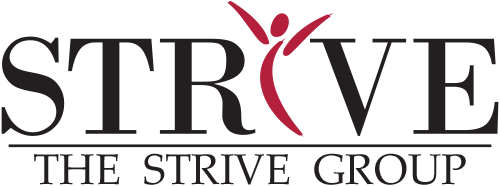
907.2.STRIVE

A Woman in Medicine
by Stacey Donlan, M.D.
lthough women physicians have come a long way in establishing themselves as leaders in their profession, our journey remains with much more to achieve. While women account for 53 percent of the nation’s medical school enrollees, in 2019 women physicians comprised only 36 percent of the workforce. In terms of leadership roles, women hold only 18 percent of board chair positions and 15 percent of CEO roles. More telling is that even at the CEO level, there is still an annual gender wage gap of $132,652. This bias, I believe, stems not only from inside the profession, where systems are not in place to meet the different needs of women, but also from patients, who are used to male doctors. We ourselves may also not have the confidence to carve our own path. My experiences, while challenging, have led me to become more self-reliant and self-assured so that I can be successful.
hy is living and leading from your “truths” so important? Well, because otherwise we never step into our full power. And because otherwise—no matter what it looks like on the outside—we flounder.
I wasn’t always connected to my own truths. But after three decades of traveling the world, working on every continent with diverse workforces, I’ve discovered the unique foundational truths I want to orient around as a human being and a leader. As a leadership coach, I help others do the same.
One of my own such journeys into the wilderness happened about 23 years ago in the Highlands of Scotland. I had gotten a winter job as a lumberjack after hitch-hiking from London. Little did I know it would help me to discover a truth that was always within me.

Cultivating these environments is the responsibility of supervisors and managers.
• Foster relationship building • Develop empowered teams • Enable performance
• Improve communications and generate engagement • Establish a productive virtual work environment for all
- Creating and Enabling an Effective Remote Workforce
- Managing Virtual Teams
- Leading People through Challenge and Change
- Accountability on Remote Teams
- Safety Matters, Even Remotely
- Using Brain Science to Maximize Your Effectiveness Leading Remotely
- I Can Do It!
- Communicating Effectively Over Distance
- Facilitating and Mastering Effective Virtual Meetings
- Tips to be Effective and Productive While Working from Home
- Maintaining Mental and Emotional Wellness Through Challenging Times
- Using Brain Science to Maximize Your Effectiveness Working Remotely
Successful Environments
- Creating and Enabling an Effective Remote Workforce
- Communicating Effectively Over Distance
- Facilitating and Mastering Effective Virtual Meetings
- Tips to be Effective and Productive While Working from Home
- Safety Matters, Even Remotely
- There’s an App for That
training.thestrivegroup.com
Classes now available on The Chariot Group’s Online Marketplace. Learn More
Compliant
Sustainable
Comprehensive
Connecting people and ideas. Specializing in group communication collaboration technologies, whether in person, over distance or in combination.
www.chariotgroup.com/online-marketplace
info@chariotgroup.com | 877.822.5300 | www.chariotgroup.com

Thanks for reading our Oct-Dec 2022 issue!
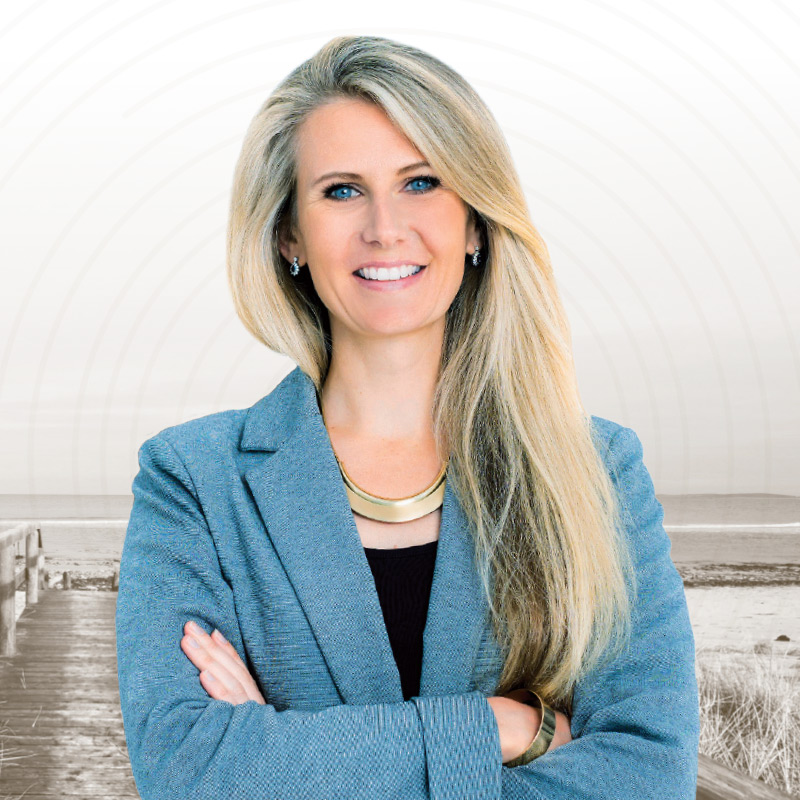
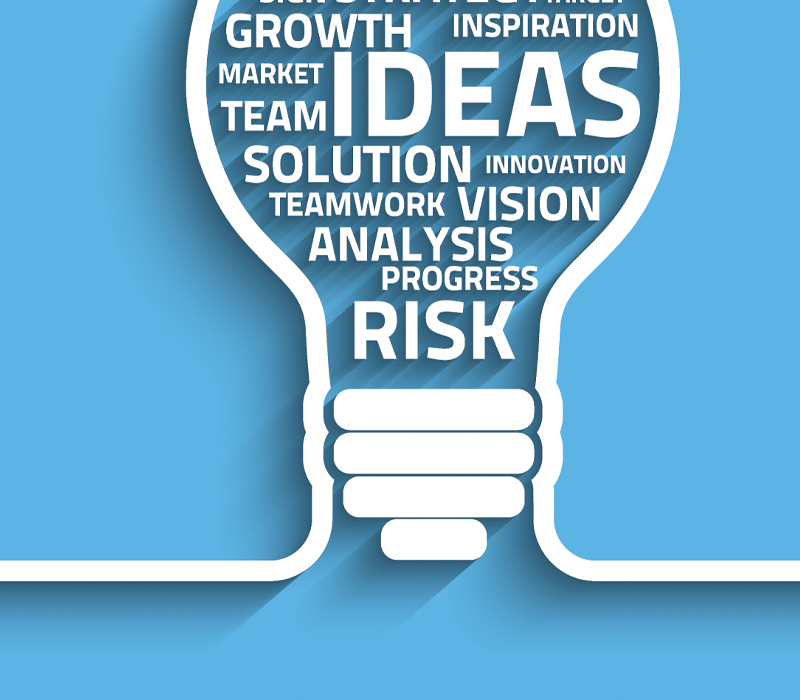




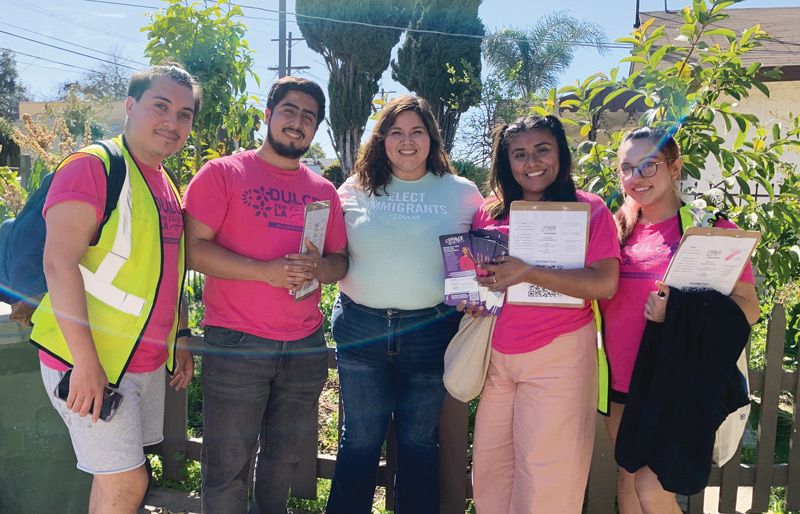



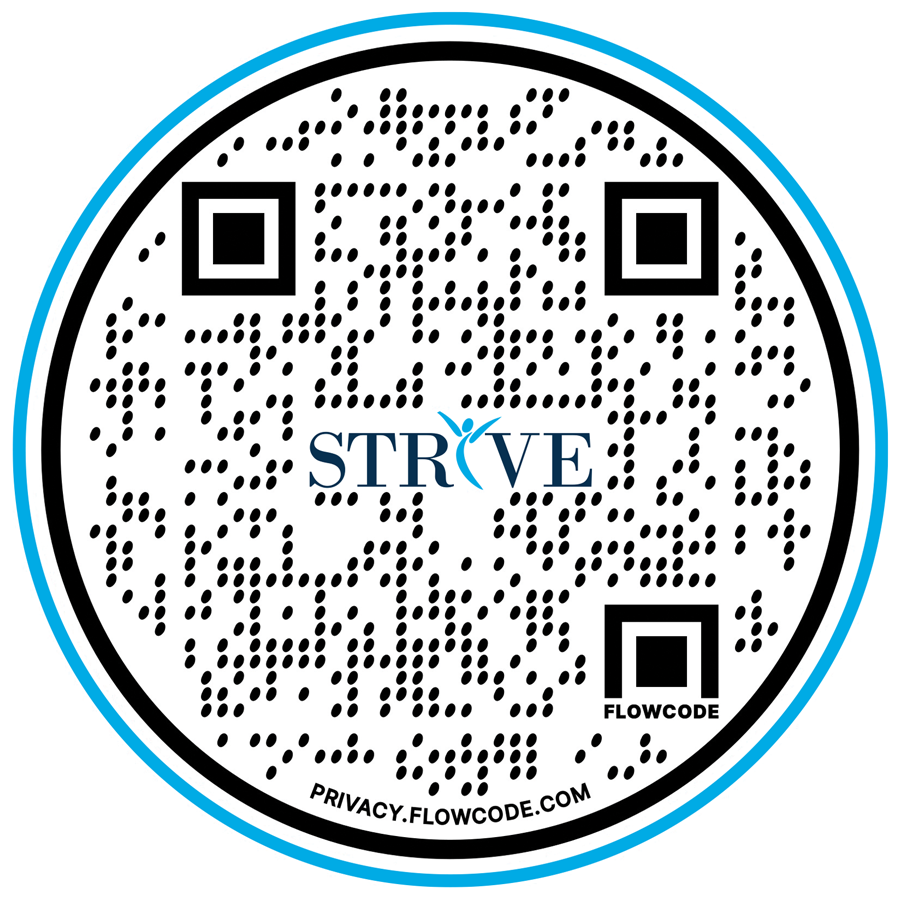
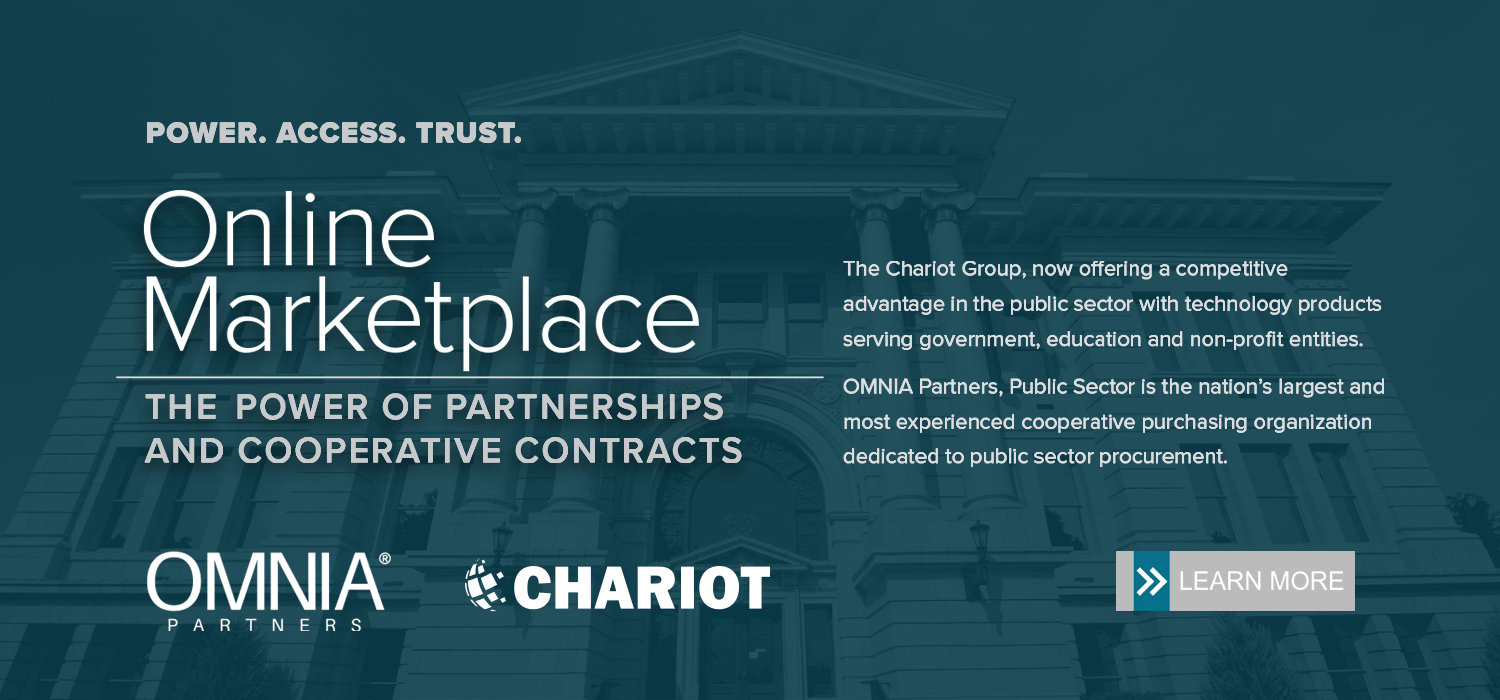

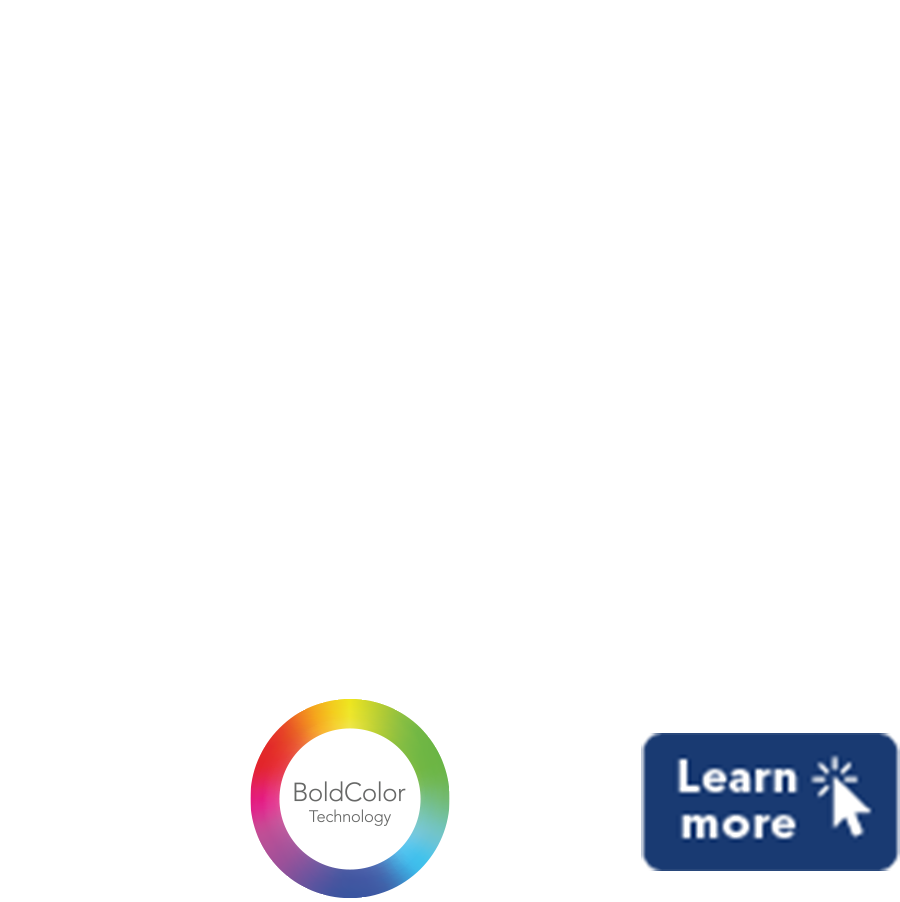

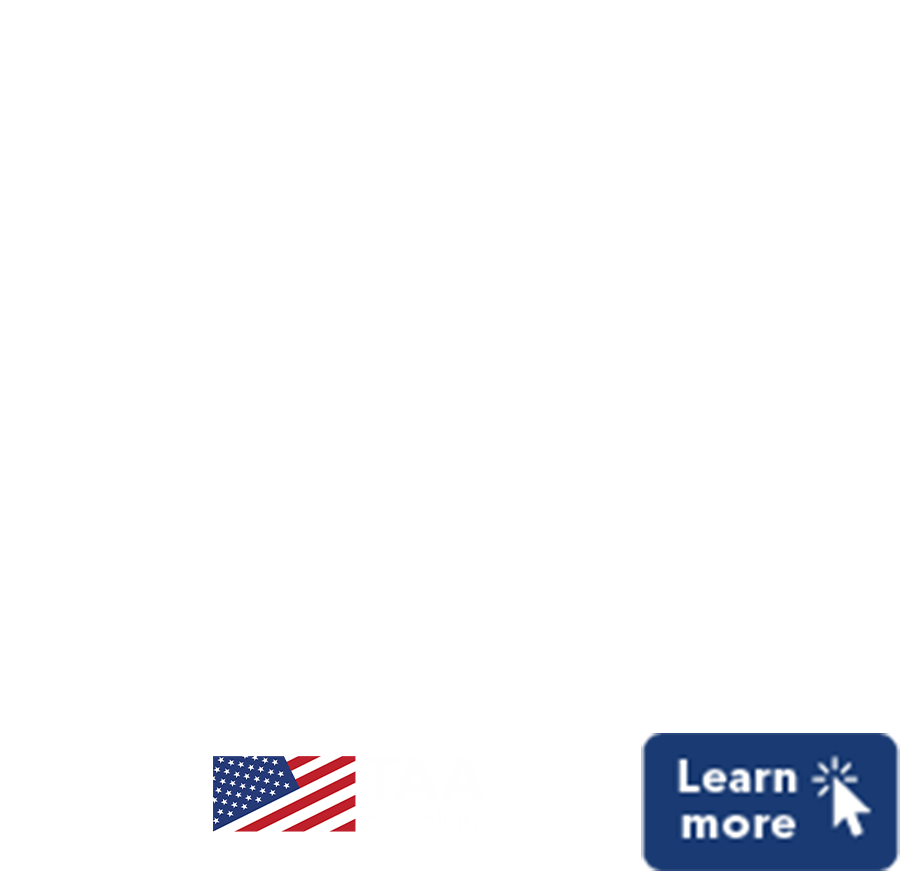


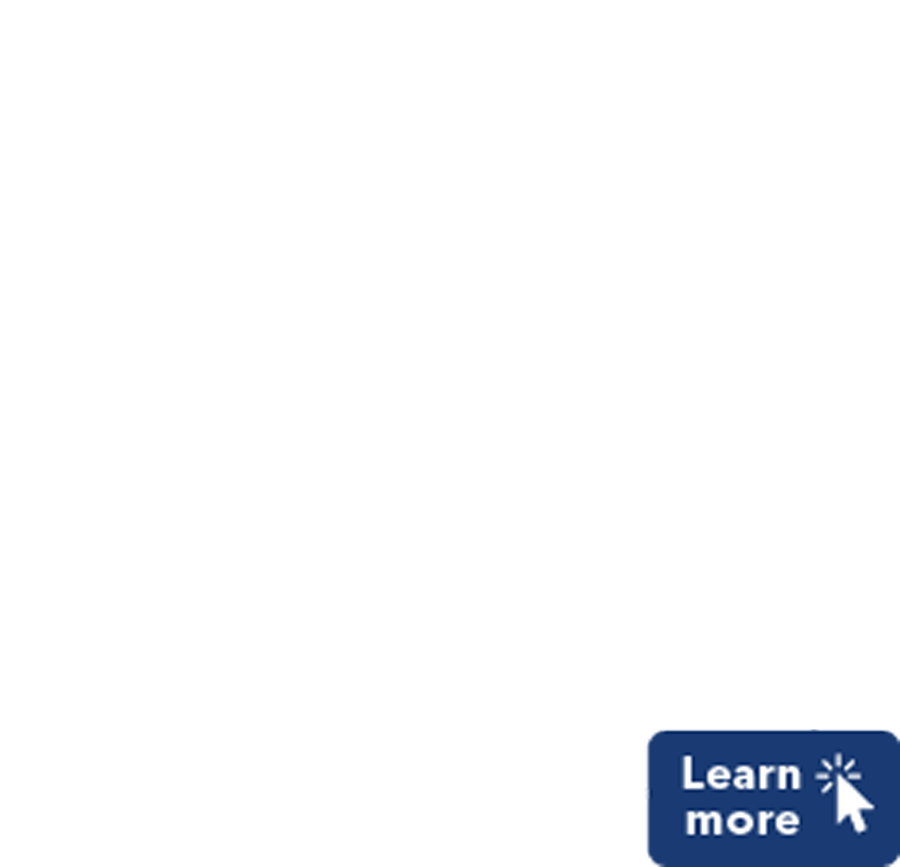












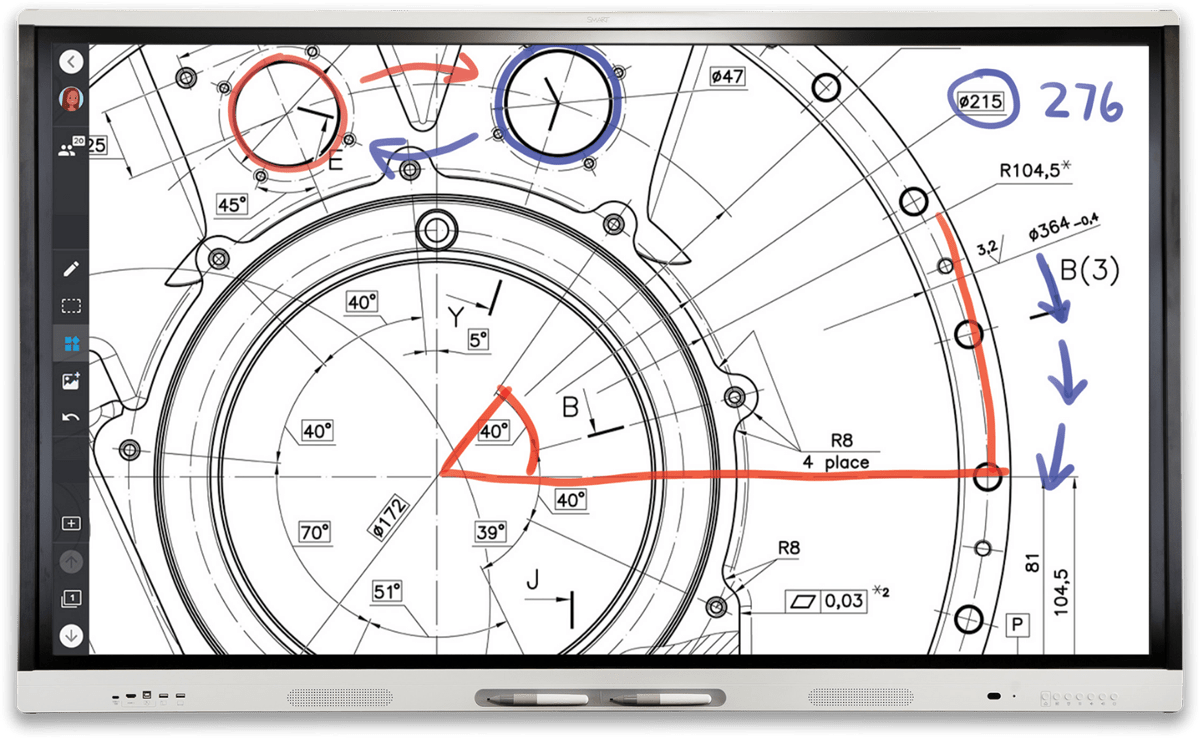

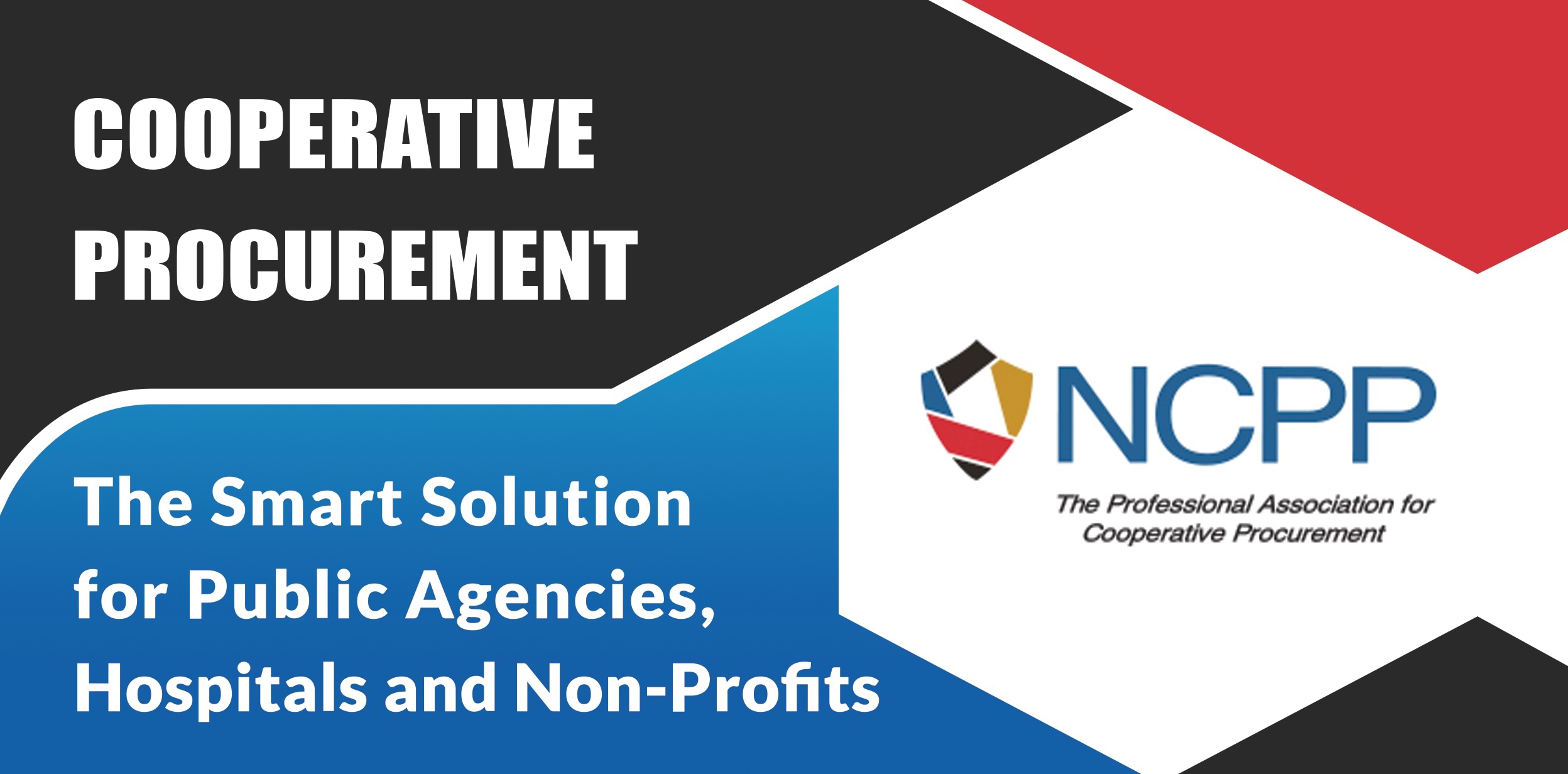






 SPEED
SPEED SPEED
SPEED